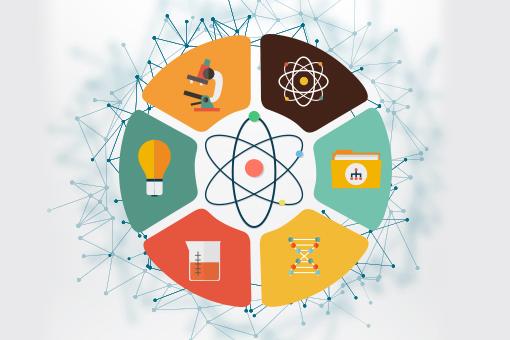Abstract
Human activities are changing our environment. Along with climate change and a widespread loss of biodiversity, plastic pollution now plays a predominant role in altering ecosystems globally. Here, we review the occurrence of plastic ingestion by wildlife through evolutionary and ecological lenses and address the fundamental question of why living organisms ingest plastic. We unify evolutionary, ecological, and cognitive approaches under the evolutionary trap theory and identify three main factors that may drive plastic ingestion: (i) the availability of plastics in the environment, (ii) an individual’s acceptance threshold, and (iii) the overlap of cues given by natural foods and plastics.


